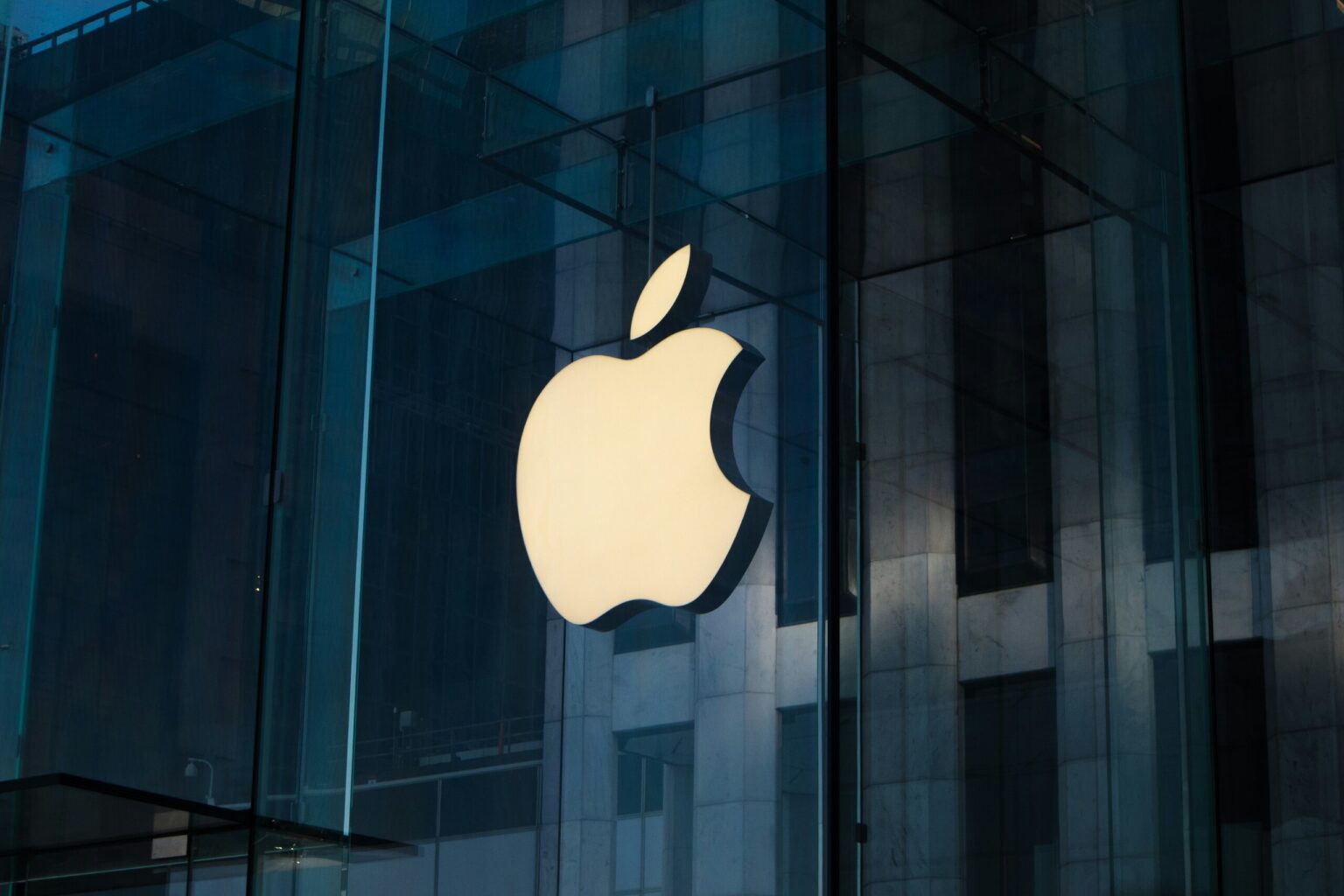The United States Department of Justice (DOJ) has initiated legal proceedings against technology giant Apple Inc., alleging antitrust violations within its ecosystem.

The lawsuit, filed in a New Jersey federal court, contends that Apple’s dominant position in the smartphone market has resulted in detrimental consequences for consumers, developers, and competitors alike.
At the heart of the dispute lies Apple’s allegedly monopolistic grip over the phone market, as asserted by prosecutors. The lawsuit claims that Apple’s sprawling ecosystem, spanning from the iconic iPhone to ancillary services like Apple Pay, bolsters this monopoly, thereby stifling competition and innovation. Prosecutors argue that Apple’s “walled-garden” model, intended to create a seamless user experience, has morphed into a barrier for entry, unfairly limiting consumer choice and developer freedom.
Central to the DOJ’s case are accusations that Apple engaged in anti-competitive practices across various facets of its business. These practices allegedly extend beyond the realm of hardware, encompassing areas such as advertising, browser technology, and messaging services. Prosecutors argue that Apple’s strategic maneuvers, including blocking cross-platform messaging apps and restricting compatibility with third-party wallets and smartwatches, serve to entrench its smartphone monopoly further.
The lawsuit represents a significant challenge to Apple’s lucrative business model, which hinges on the tight integration of hardware, software, and services. Should the legal action succeed, it could compel Apple to undertake substantial revisions to key components of its business, including the iPhone, Apple Watch, and its burgeoning services division.
U.S. Attorney General Merrick Garland underscored the gravity of the situation, emphasizing the potential ramifications of unchecked monopolistic power. Garland warned that allowing Apple to perpetuate its dominance unabated could lead to further consolidation of its smartphone monopoly, ultimately harming consumers and stifling innovation.
In response to the lawsuit, Apple issued a statement vehemently refuting the allegations and vowing to mount a robust defense. The company contends that compliance with regulatory measures could hamper its ability to innovate and deliver cutting-edge technology to consumers. Moreover, Apple warns that acquiescing to government intervention could set a dangerous precedent, emboldening regulatory bodies to exert undue influence over technological development.
The legal action against Apple comes amid a broader global crackdown on big tech firms, with regulators increasingly scrutinizing their market dominance and business practices. Apple’s legal woes are compounded by ongoing disputes with regulatory bodies in the European Union, where it faces accusations of anti-competitive behavior related to its App Store policies.
The lawsuit against Apple marks a pivotal moment in the ongoing battle to rein in the perceived excesses of Silicon Valley’s tech titans. As the DOJ presses forward with its case, the outcome could have far-reaching implications not only for Apple but also for the broader tech industry as a whole.
